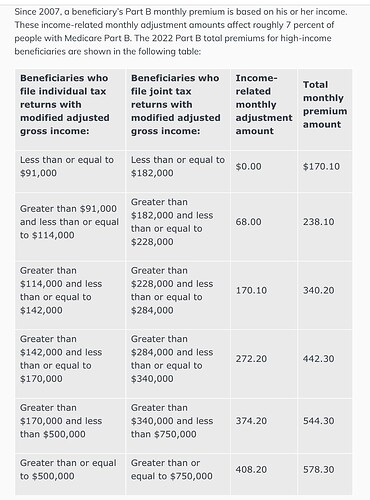@sailakeerie, there are many things that work decently via Zoom/Teams/Bluejeans and some things that actually work better. However, building personal relationships with people I have not met in person does not seem to work as well.
In this case, the teaching setup was me in an ampitheater directing an interactive conversation. As a pretty highly skilled teacher, I can do that well remotely but it is a lot harder (and we’ve reengineered how we do it in order for it to work). The ratings my firm gets for virtual training are equal to those we get from F2F training, but I never leave with the same sense of personal connection that I get from F2F sessions provide.
Given that I was a pretty bad teacher in my first year or two, it was the strength of those personal connections that really helped me (and the educational process) as all of the kids were in effect rooting for me. For better and for worse, the physical and normative setup (me in the center of the ampitheater walking around and calling on students), if done properly, causes a lot of students to cede authority and for some reason leads to very close bonds. For example, a second-year student told me that half of the young women in the class had crushes on me. I went to a Christmas party of one of my sections where people had been drinking and there was this glow of warmth coming from them to me (both males and females). Given my completely undeveloped teaching skills, the personal bonds helped me and them get through the course. It would not have worked as well virtually (though it would be unfair to say that it couldn’t have been done). I don’t have any data on this, but I doubt that kind of transference works nearly as strongly remotely. So, while I don’t doubt that there are many ways to interact remotely, some things are not yet the same (maybe with advanced AR, who knows).
Maybe someone has figured out or will figure out how to build trusting personal relationships remotely and then tell me how to do it.
It will be interesting to see whether working virtually for a couple of years will help or hurt that cohort of new employees. Does their performance track with other cohorts? Are they more or less loyal to their employers? [My guess on the latter is less].
I am thrilled at my clients’ acceptance of remote work for many things that just two years ago they (and often I) would have insisted on doing in person. Less travel is a good thing (for the environment, for my body, etc.).
Back to the theme of this thread. I love what I do and would only stop if I couldn’t do it at a high level. In the past, the reliance on air travel meant that I might have to stop because I was physically unable to maintain the traveling. With remote work, I might have to stop only when my mind is no longer with it. So, this could extend my career a few years.
